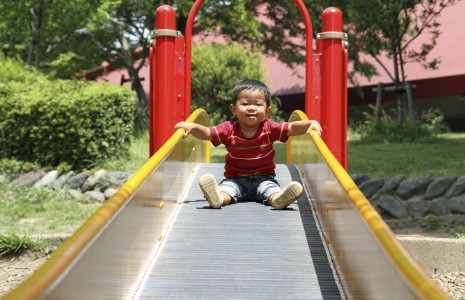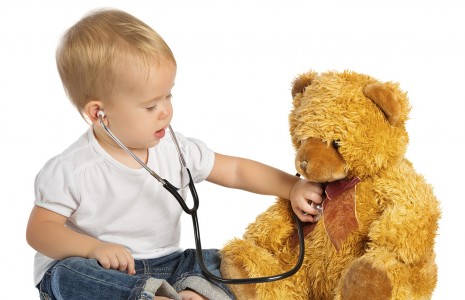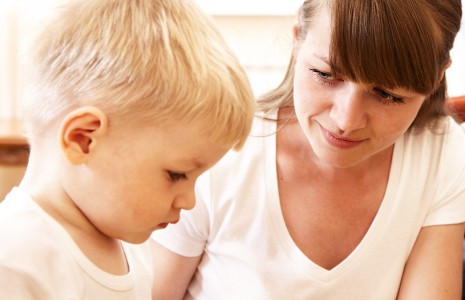Children need to feel good about themselves. A positive self-image has long-term effects on behavior, achievement, and even health. Self-confidence is not inherited; it is learned. Knowing the benefits of having a positive self-image, caregivers want to know how to help their children develop it.
Children with high self-confidence feel themselves to be competent and capable. Children who lack self-confidence feel that they don’t measure up, and this belief can eventually lead them to avoid challenges and new experiences.
Neuroscientists have found parts of the brain that regulate it. Geneticists are searching for the genes associated with it. Psychologists are studying how young children develop it. Health researchers report that it’s linked to adult health and mortality.
Self-control — having the ability to regulate your own behavior — is an important life skill with long-term benefits. Research shows that children who exhibit self-control tend to have fewer behavior problems in school and are less likely to struggle with aggression, anxiety, and depression. Self-control has also been linked to school readiness.
Adaptability is a vital trait for the human species. Being adaptable lets us modify our behavior to meet challenges and work through complex tasks with confidence instead of anxiety. On the flipside, inflexible people walk a hard path. They can’t adapt to difficulties and are frequently derailed by change.
Anyone who has spent time caring for a toddler knows at least one thing about this stage of childhood: when it comes to emotions and behavior, chaos often seems to be the rule rather than the exception.





